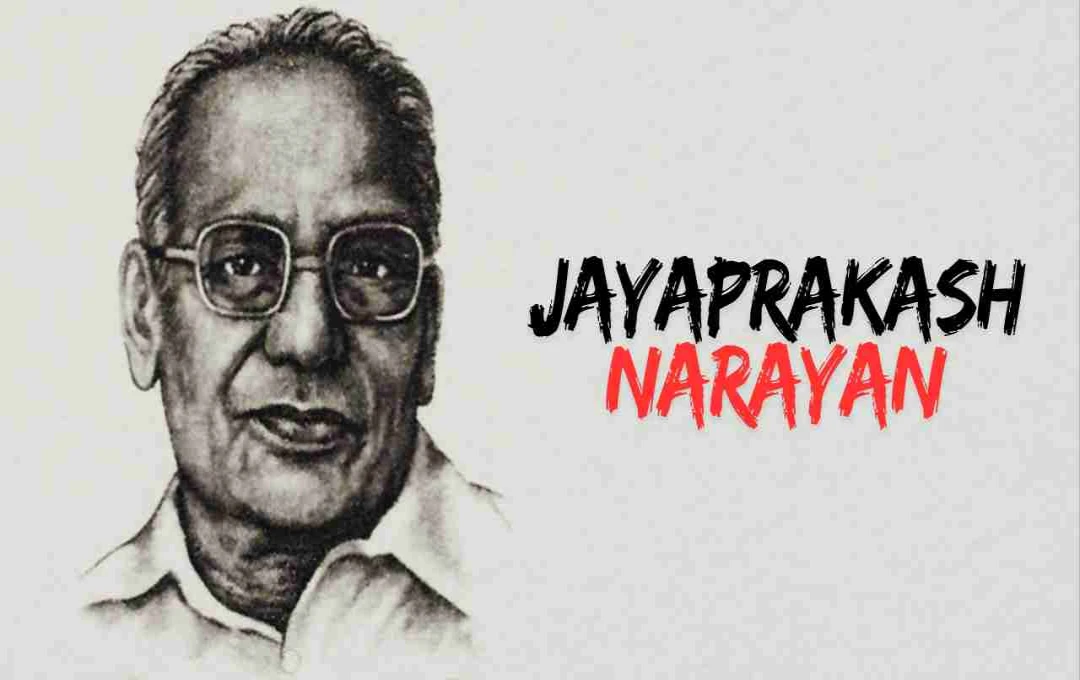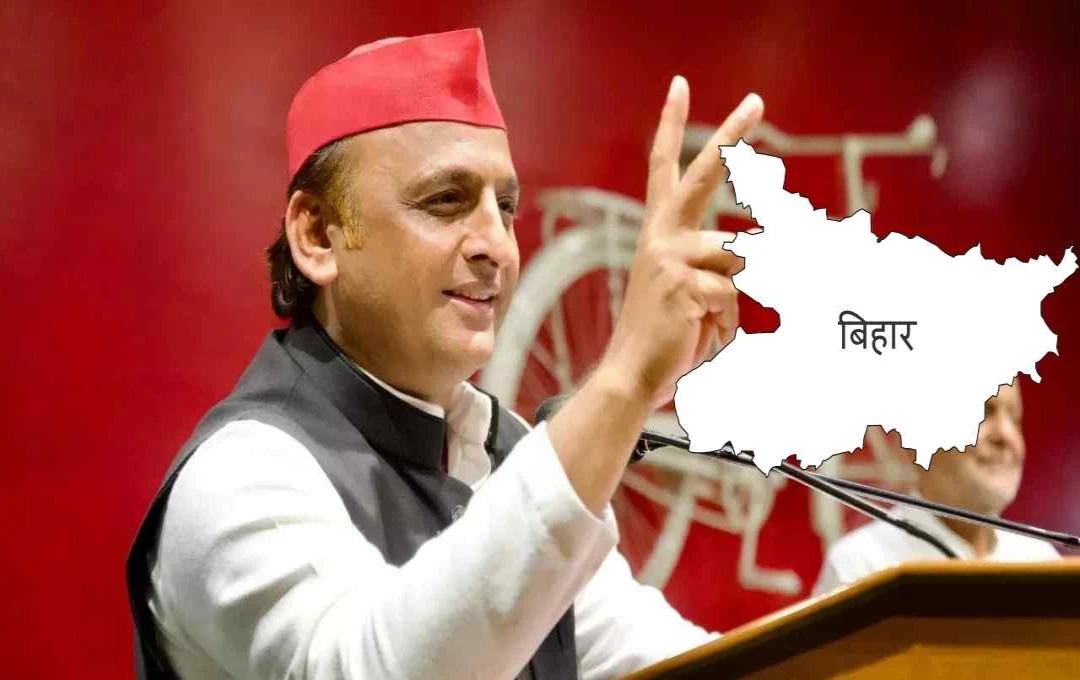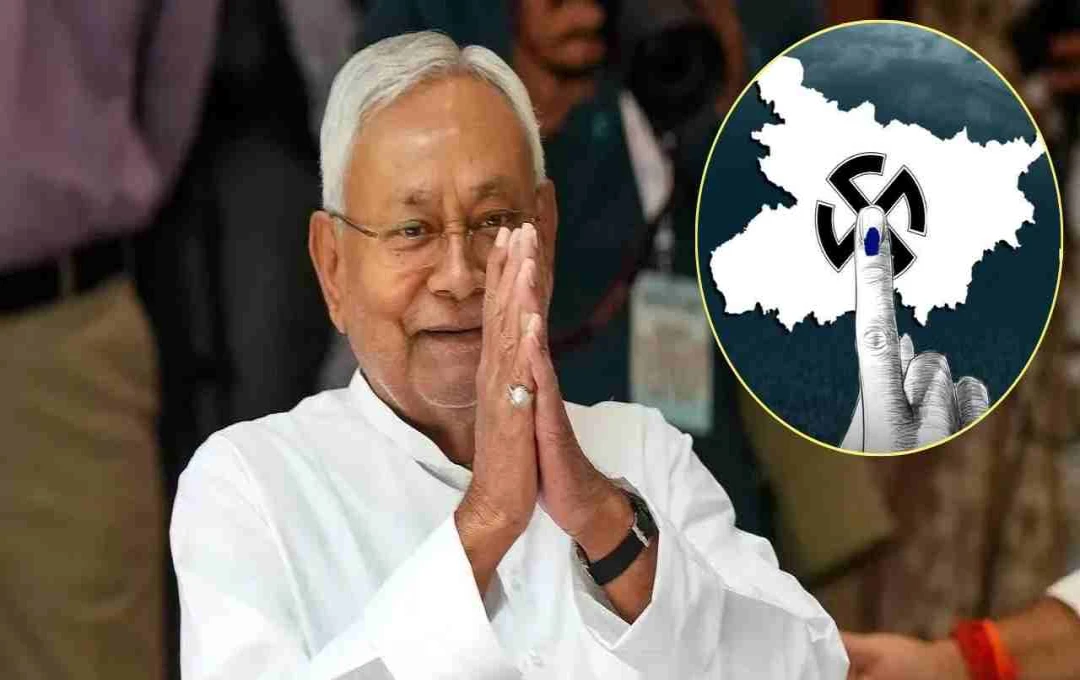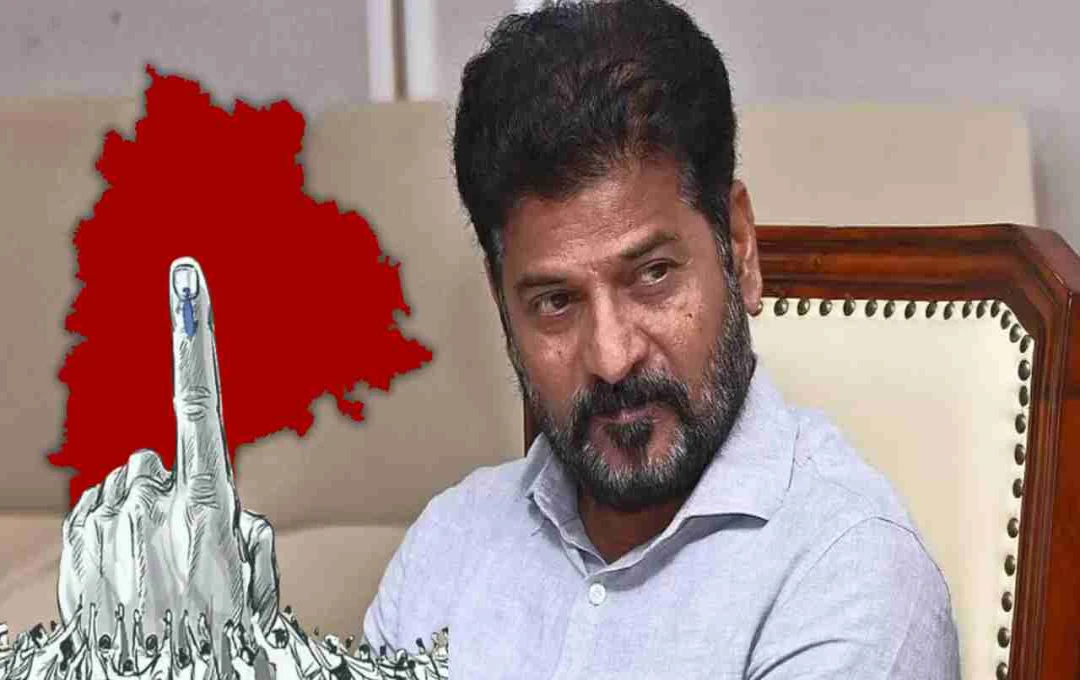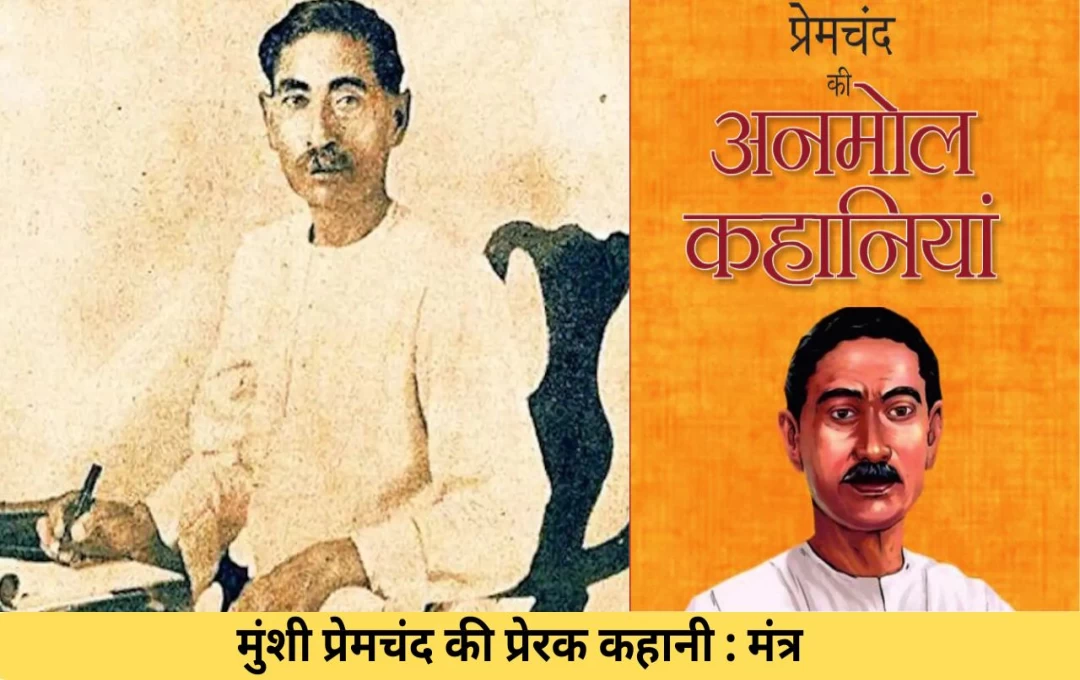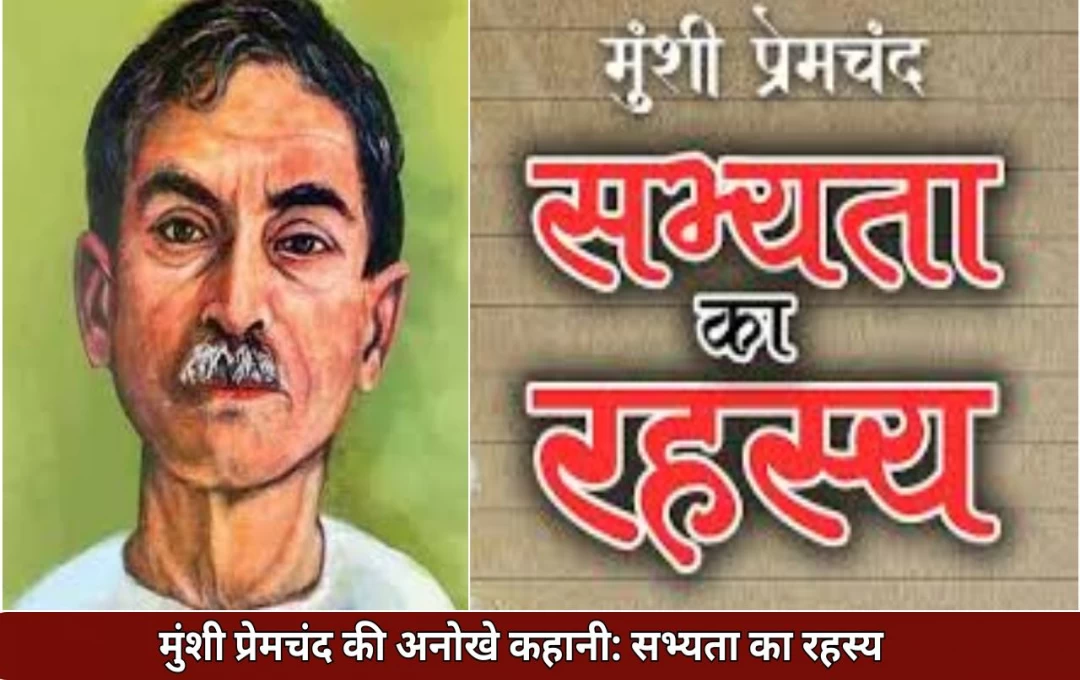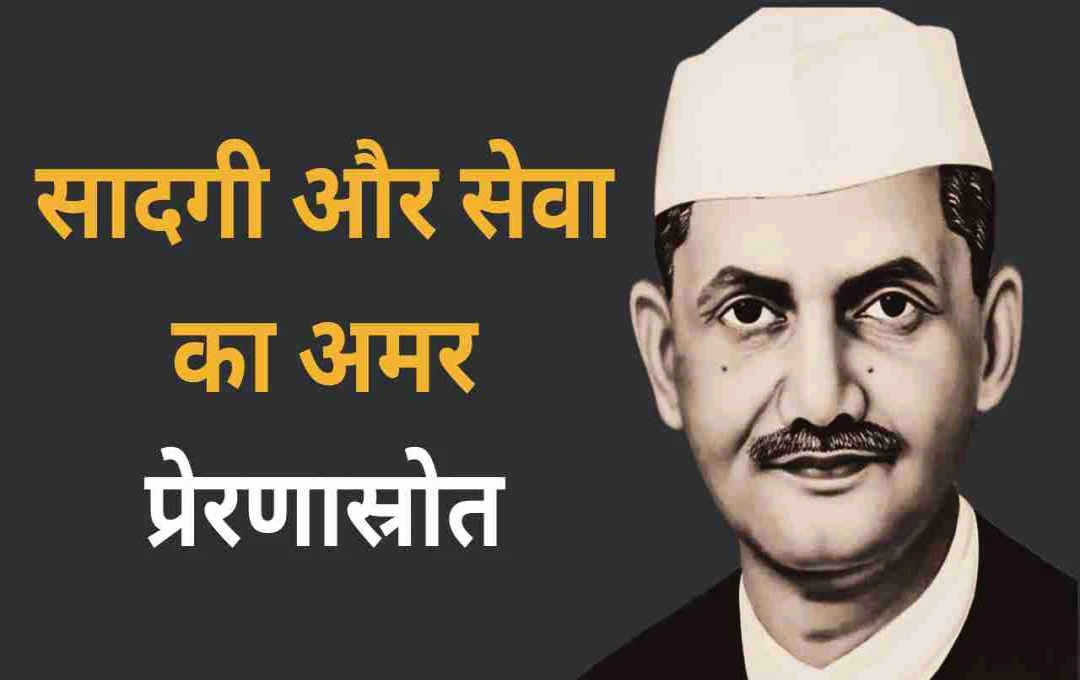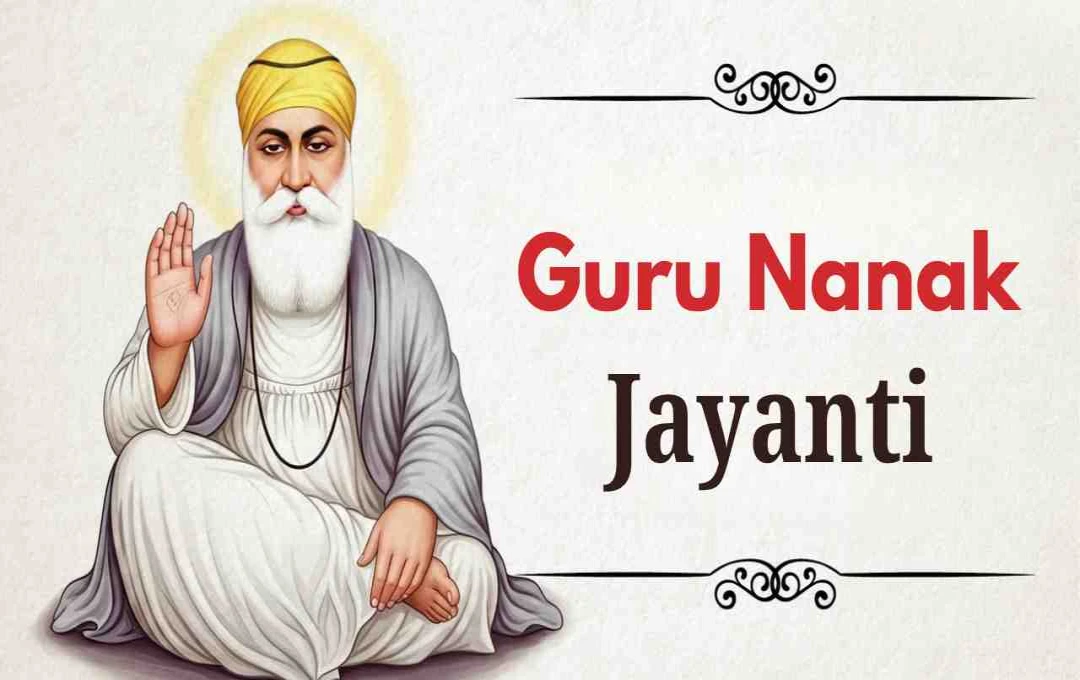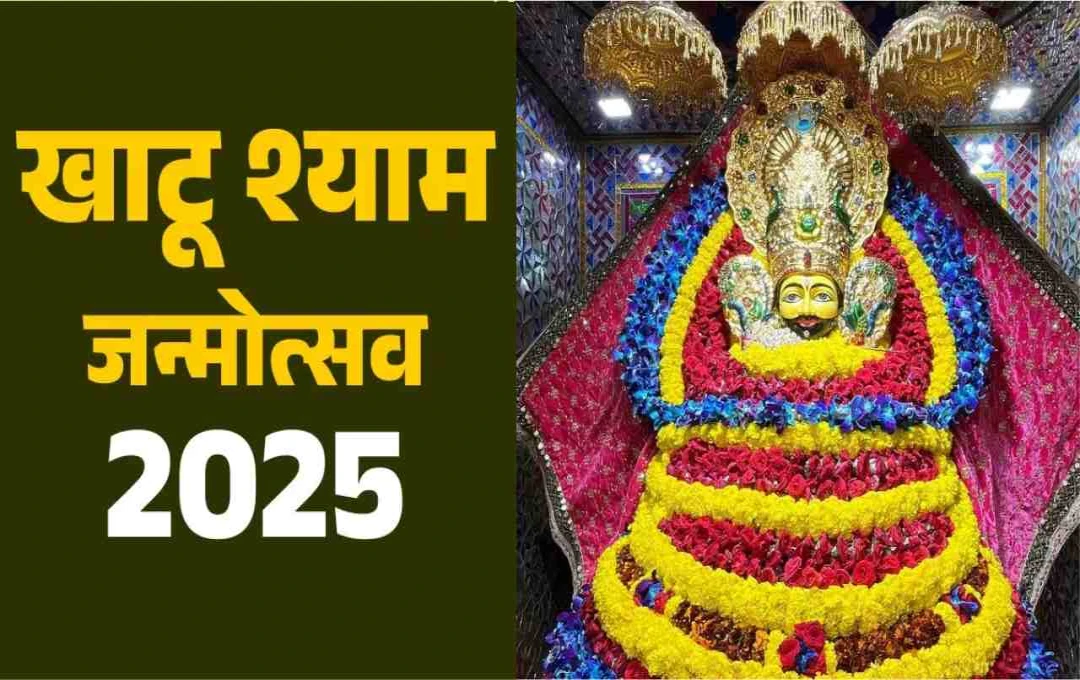Jayaprakash Narayan, also known as Loknayak, was a luminary of the Indian freedom struggle and a guardian of democracy. In the 1970s, he led the "Sampurna Kranti" (Total Revolution), inspiring a movement for justice, equality, and democratic values in society.
Jayaprakash Narayan: The name Jayaprakash Narayan Srivastava (October 11, 1902 – October 8, 1979) will forever be etched in the annals of the Indian freedom struggle and the democratic movement. He is widely known as JP or Loknayak, meaning "Leader of the People." His life and struggles not only profoundly influenced India's political landscape but also provided guidance for justice, equality, and democratic values in society.
Jayaprakash Narayan's most significant contribution was witnessed in the 1970s when he spearheaded a movement against the then Prime Minister Indira Gandhi and introduced the concept of "Sampurna Kranti" (Total Revolution). For this, he is still revered as a source of inspiration in Indian politics. In recognition of his unparalleled contributions, he was posthumously honored with the Bharat Ratna, India's highest civilian award, in 1999. Furthermore, he also received the Ramon Magsaysay Award in 1965.
Early Life and Education
Jayaprakash Narayan was born on October 11, 1902, in the village of Sitab Diara, in the Chhapra district of Bihar, which now falls under the Ballia district of Uttar Pradesh. His birthplace was situated on the banks of the Ghaghara River, which was frequently prone to floods. Due to recurring floods, his family gradually moved away from the village and settled in a permanent residence, now known as Jayaprakash Nagar.
Narayan belonged to the Srivastava clan of the Kayastha community. He was the fourth son in his family. His father, Harshu Dayal, was a junior officer in the state government's canal department and often traveled extensively in the region. At the age of nine, Jayaprakash enrolled in the seventh grade at the Collegiate School in Patna. This marked a significant departure from his village life. He studied at the Saraswati Bhawan hostel alongside many future leaders of Bihar, including Krishna Singh and Anugrah Narayan Sinha.
In 1918, he married Prabhavati Devi, the daughter of freedom fighter and lawyer Brij Kishore Prasad. Soon after the marriage, at Gandhiji's invitation, Prabhavati Devi moved to Sabarmati Ashram, while Jayaprakash remained engrossed in his studies and social activities. During this period, he was deeply inspired by a speech on the Non-Cooperation Movement by Maulana Abul Kalam Azad. Influenced by this, he left Bihar National College and joined Bihar Vidyapeeth, where he became one of the first students of the Gandhian leader Anugrah Narayan Sinha.
Higher Education in America
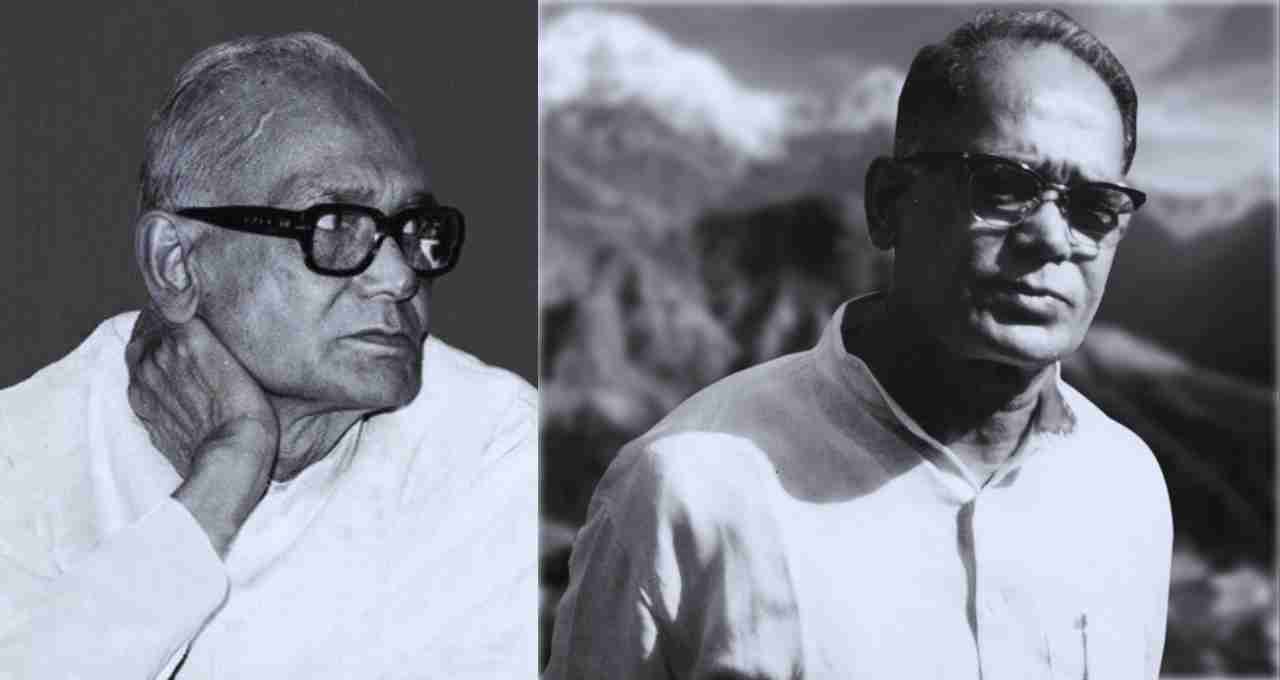
After completing his studies at Bihar Vidyapeeth, Jayaprakash Narayan went to America for higher education. He arrived in California in 1922 and began his graduate studies in Chemistry at the University of California, Berkeley, in January 1923. To cover his educational expenses, he took up various jobs such as grape picking, fruit packing, dishwashing, and working as a mechanic in a garage. These experiences helped him understand the hardships faced by the common working class.
While in Berkeley, he joined the Hindustan Club and actively participated in the organizational work of Indian students. Due to fee hikes, he later transferred to the University of Iowa, where he pursued studies in Applied Science. He then moved to the University of Wisconsin, where he obtained an MA in Sociology, and a BA in Behavioral Science from Ohio State University. During his time in America, he studied Marxist ideologies and developed his thoughts on social reform, influenced by the success of the Bolshevik Revolution in Russia.
Active Contribution to the Freedom Movement
Returning from America in 1929, Jayaprakash Narayan joined the Indian National Congress. Mahatma Gandhi became his mentor. He shared a house with Ganga Sharan Singh in Patna and played an active role in the freedom movement. In 1930, he participated in the Civil Disobedience Movement against British rule and was imprisoned in Nashik jail. There, he met leaders like Ram Manohar Lohia, Minoo Masani, and Achyut Patwardhan.
During this period, the Congress Socialist Party (CSP) was formed, and Jayaprakash became its General Secretary. In 1942, during the Quit India Movement, he endured thousands of kilometers of walking and the hardships of imprisonment. His courage and dedication became a source of inspiration for Indian youth.
Contribution After Independence
Jayaprakash Narayan's work did not cease after India gained independence. From 1947 to 1953, he served as the President of the All India Railwaymen's Federation, the largest trade union of Indian Railways. He took significant steps to protect the rights of workers and advocate for social justice.
The Emergency and Sampurna Kranti
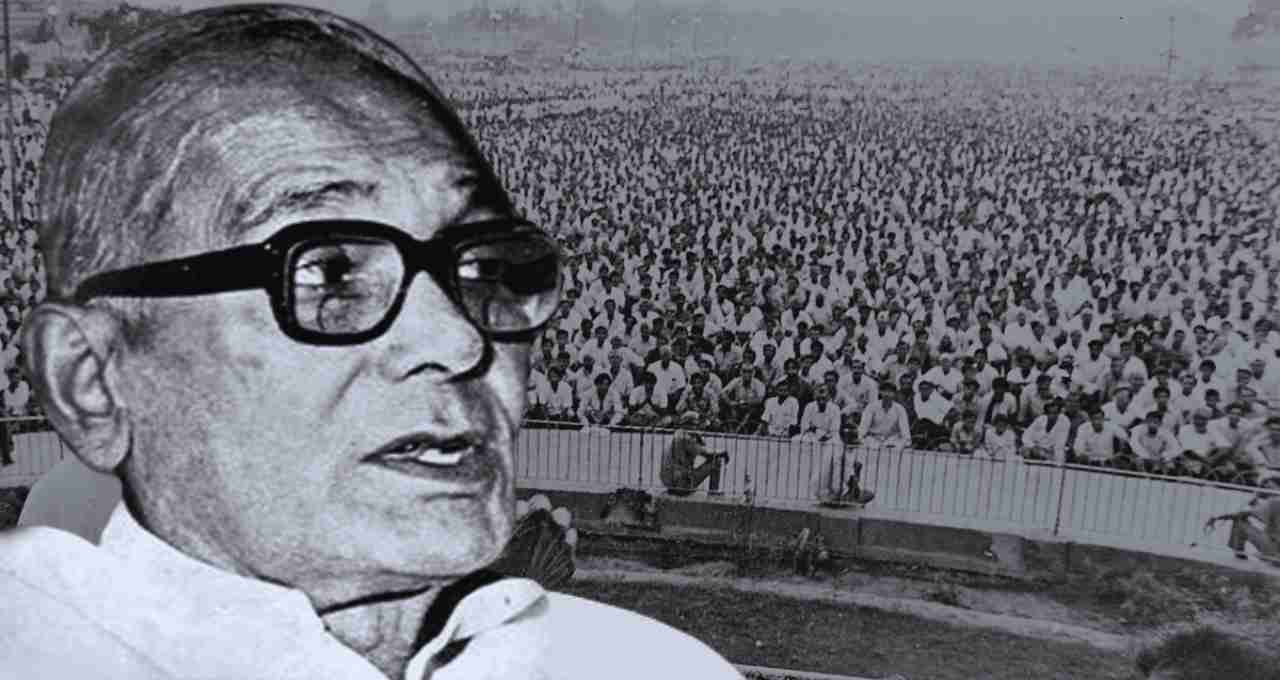
In 1975, when the Allahabad High Court found Indira Gandhi guilty of electoral malpractices, Jayaprakash Narayan appealed to the then Prime Minister and other leaders to resign. He advised the army and police not to obey unlawful orders.
During this time, he launched the movement for Sampurna Kranti, which envisioned a transformation in every sphere of society. On June 25, 1975, Indira Gandhi imposed the Emergency. JP was taken into custody in Chandigarh. Despite his deteriorating health, he requested release to assist flood victims in Bihar.
After the Emergency ended in 1977, the Janata Party was formed, emerging as a b platform for the opposition against the Congress. The Janata Party came to power, forming a non-Congress government at the center.
Personal Life and Demise
Jayaprakash Narayan's personal life was also inspiring. He married Prabhavati Devi at the age of 17. Prabhavati Devi contributed to social service and the freedom struggle while staying at Gandhiji's ashram. She passed away on April 15, 1973, due to cancer.
In 1979, while he was in the hospital, Prime Minister Morarji Desai mistakenly announced his death. A wave of mourning swept across the nation. In reality, Jayaprakash was alive and reacted to the news with a smile. He passed away on October 8, 1979, in Patna, Bihar, due to diabetes and heart disease.
Honors and Legacy
Jayaprakash Narayan's role in society and politics was invaluable. He was honored with the Bharat Ratna in 1999 for his social contributions. Additionally, he was bestowed with the Ramon Magsaysay Award in 1965. His ideas and movements continue to inspire young leaders and social activists today.
As Loknayak, he not only engaged in political struggle but also worked to strengthen social justice, labor rights, and democratic values. His concept of "Sampurna Kranti" continues to inspire change and reform in India.
Jayaprakash Narayan's life was a symbol of struggle, simplicity, and a commitment to justice. He was not merely a freedom fighter but also a guardian of democracy and a social reformer. His ideals teach us that true leadership is not confined to attaining power but is manifested in continuous struggle for society and the welfare of the people. His contribution as Loknayak is an invaluable legacy to Indian history and democracy, and his name will always be remembered.
